Athol Fugard: Passing of a Legendary South African Playwright
Athol Fugard, a towering figure in South African theatre, has died at the age of 92. Widely recognized as one of the country's greatest playwrights, Fugard's legacy is deeply intertwined with the struggle against apartheid.
Born to an Afrikaner mother, Fugard gained international acclaim for his politically charged plays that boldly challenged South Africa’s racist system. His work shed light on the injustices of apartheid, making him a key voice in the country’s artistic and political landscape.
South Africa's Arts and Culture Minister, Gayton McKenzie, paid tribute to Fugard, calling him "a fearless storyteller who laid bare the harsh realities of apartheid through his plays."
"We were cursed with apartheid, but blessed with great artists who shone a light on its impact and helped to guide us out of it. We owe a huge debt to this late, wonderful man," McKenzie added.
Fugard’s career spanned seven decades, during which he wrote over 30 plays. His breakthrough came in 1961 with The Blood Knot, the first South African play to feature both a black and white actor—Fugard himself—performing together before a multiracial audience. The apartheid government soon enacted laws banning mixed-race casts and audiences, but Fugard’s resolve only grew stronger. The Blood Knot brought him international recognition, with performances in the U.S. and a British television adaptation.
Despite the apartheid regime confiscating his passport, Fugard continued to challenge racial barriers. He collaborated with the Serpent Players, a troupe of black actors, and performed in townships, often under the watchful eye of the security forces. Among his celebrated works was Boesman and Lena, a poignant play about a mixed-race couple struggling against systemic oppression. Premiered in 1969, it was later adapted into a 2000 film starring Danny Glover and Angela Bassett.
Fugard’s influence extended to cinema as well. His novel Tsotsi was adapted into a film that won the Academy Award for Best Foreign Language Film in 2006.
Alan Winde, Premier of South Africa’s Western Cape province, praised Fugard’s profound insights, stating, "His penetrating, sharp wit and acute understanding of our country's political and cultural make-up are unmatched. He will be sorely missed."
Fugard also co-wrote Sizwe Banzi Is Dead and The Island with actors John Kani and Winston Ntshona. These works powerfully condemned apartheid-era injustices, including the brutal conditions on Robben Island, where Nelson Mandela was imprisoned.
John Kani, paying his respects on social media, wrote, "I am deeply saddened by the passing of my dear friend Athol Fugard. May his soul rest in eternal peace. Elder"
Throughout his career, Fugard earned numerous accolades, including a lifetime achievement award at the Tony Awards in 2011. Time magazine described him in the 1980s as "the greatest active playwright in the English-speaking world."
Reflecting on his work, Fugard once said, "Apartheid defined me, that is true... But I am proud of the work that came out of it, that carries my name."
Despite concerns that the fall of apartheid in 1994 might diminish his artistic focus, Fugard continued to find inspiration. In a 2010 BBC interview, he echoed the late Archbishop Desmond Tutu’s concerns, stating, "We have lost our way as a nation."
"I think the present society in South Africa needs the vigilance of writers, every bit as much as the old one did. It is a responsibility that young writers, playwrights, must really wake up to and understand—that responsibility is theirs, just as it was mine and a host of other writers in the earlier years."
Athol Fugard leaves behind a powerful legacy—one of courage, truth, and artistic brilliance that helped to shape South Africa’s cultural and political landscape. His work remains a testament to the power of storytelling in the fight for justice.

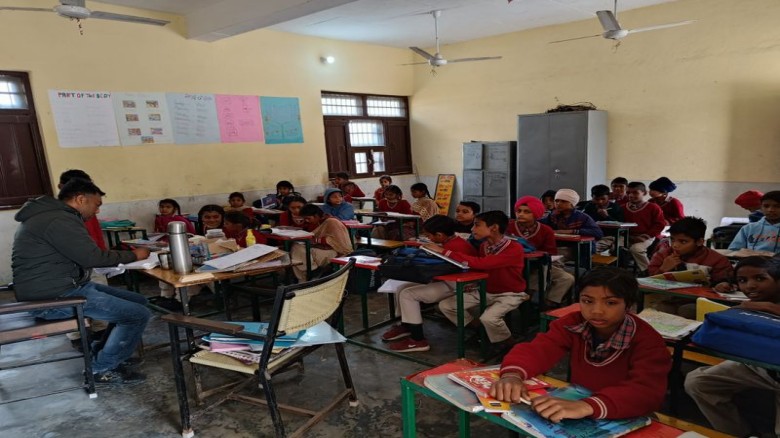
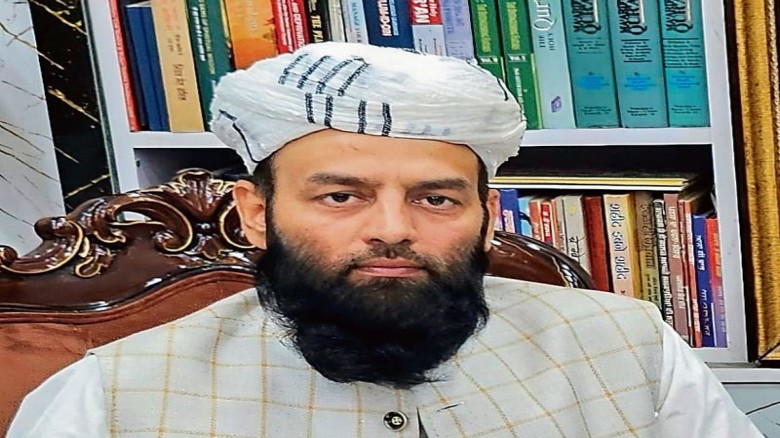

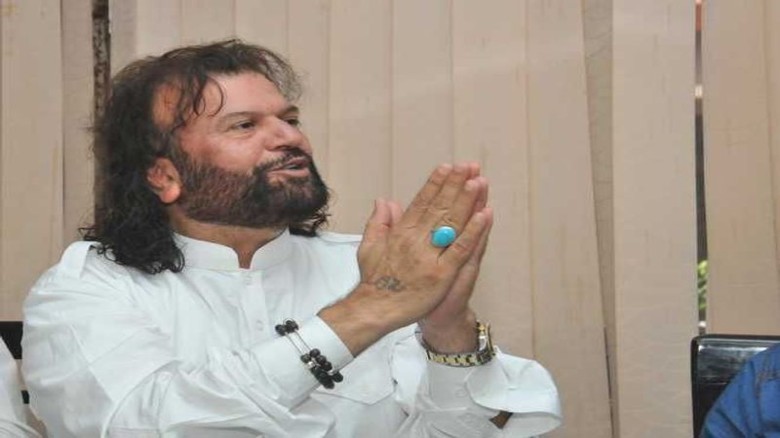


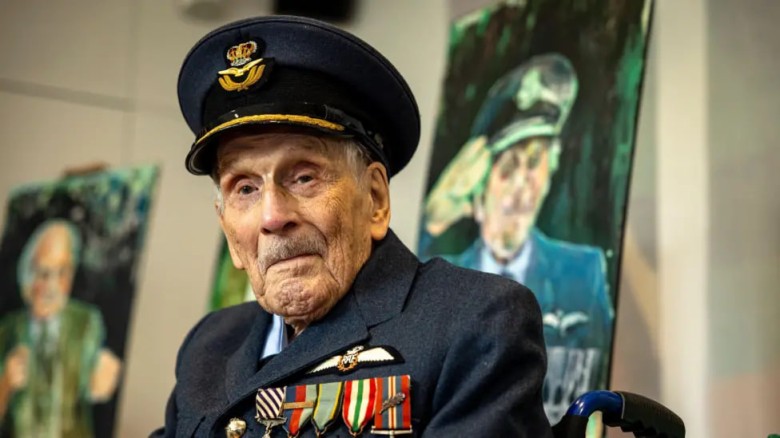


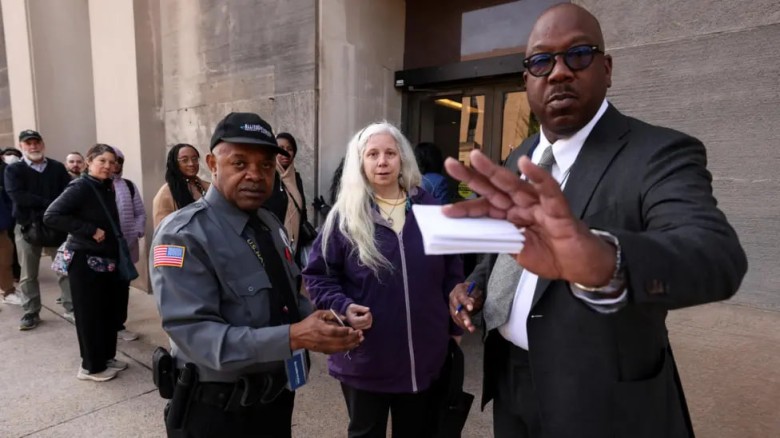







































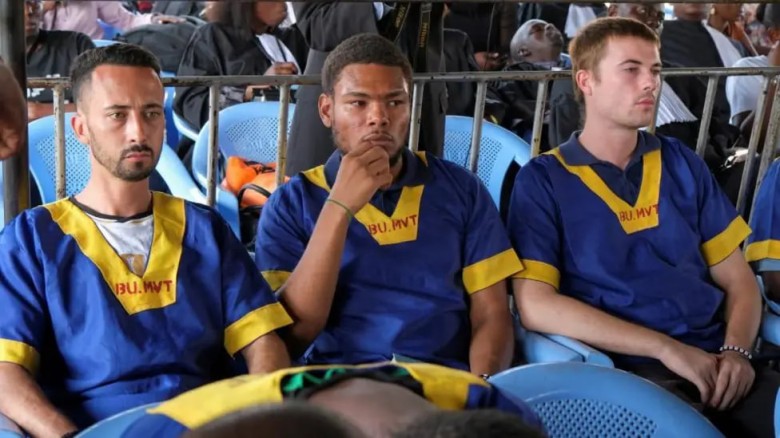
















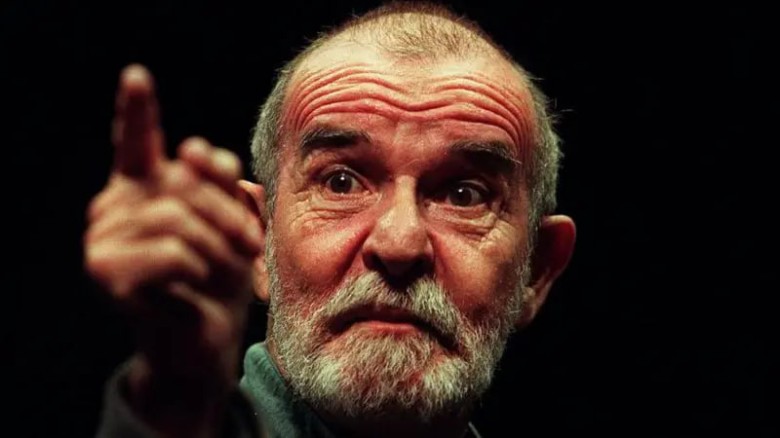


Leave A Comment